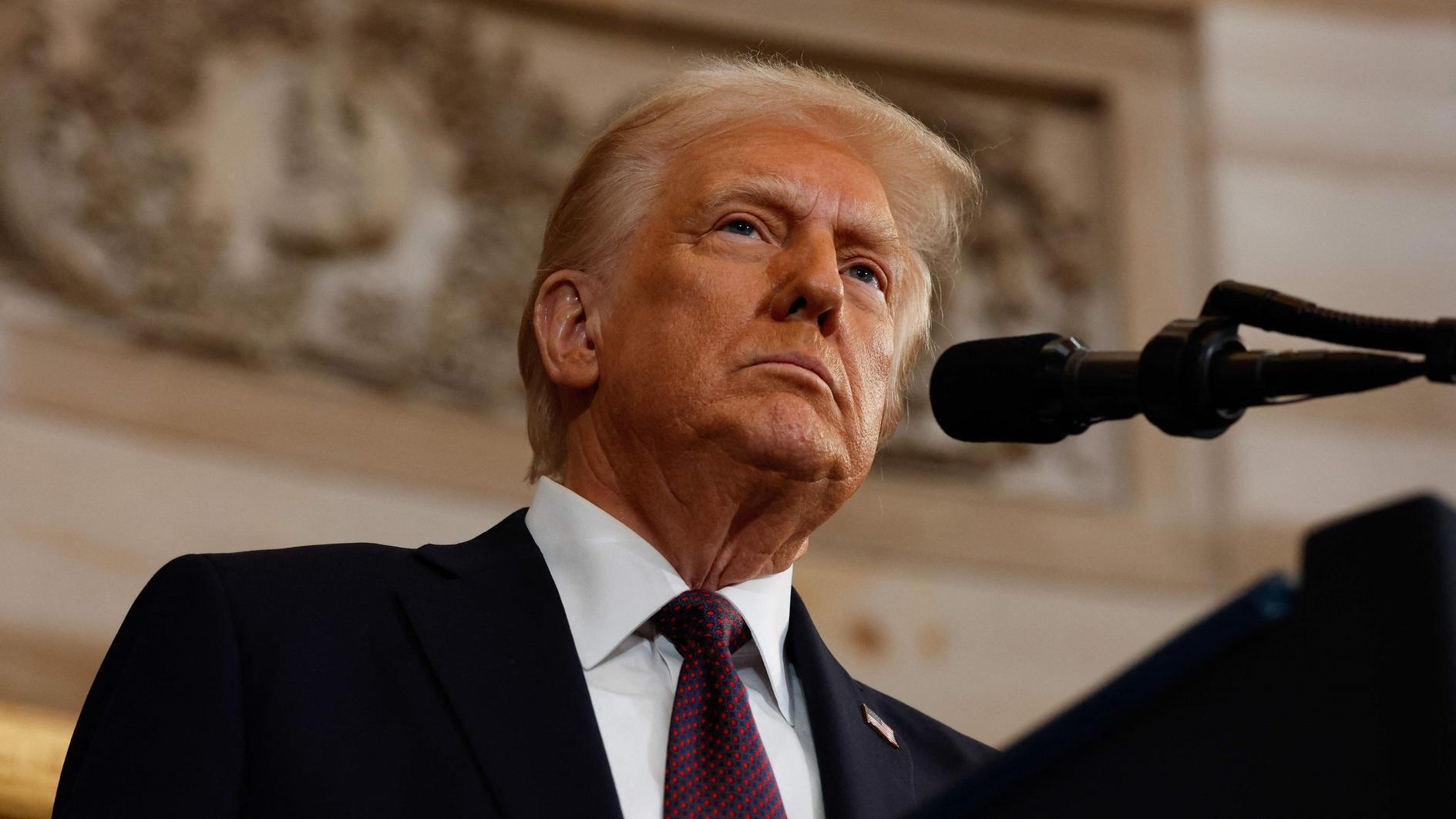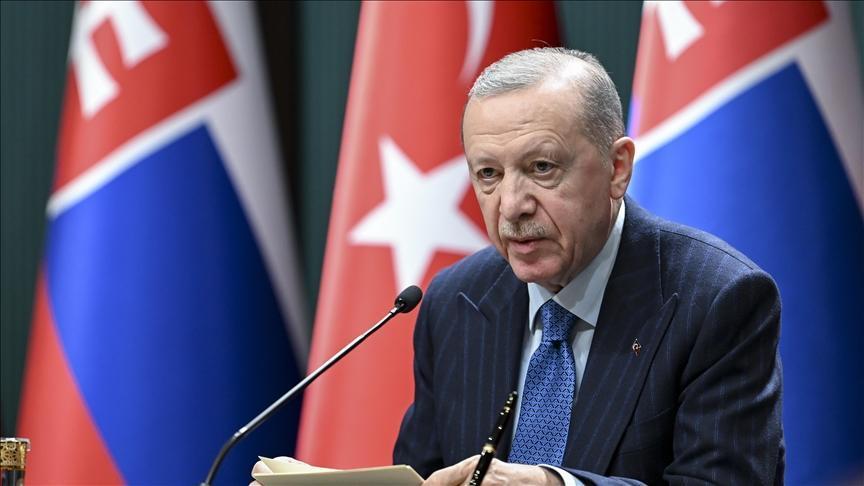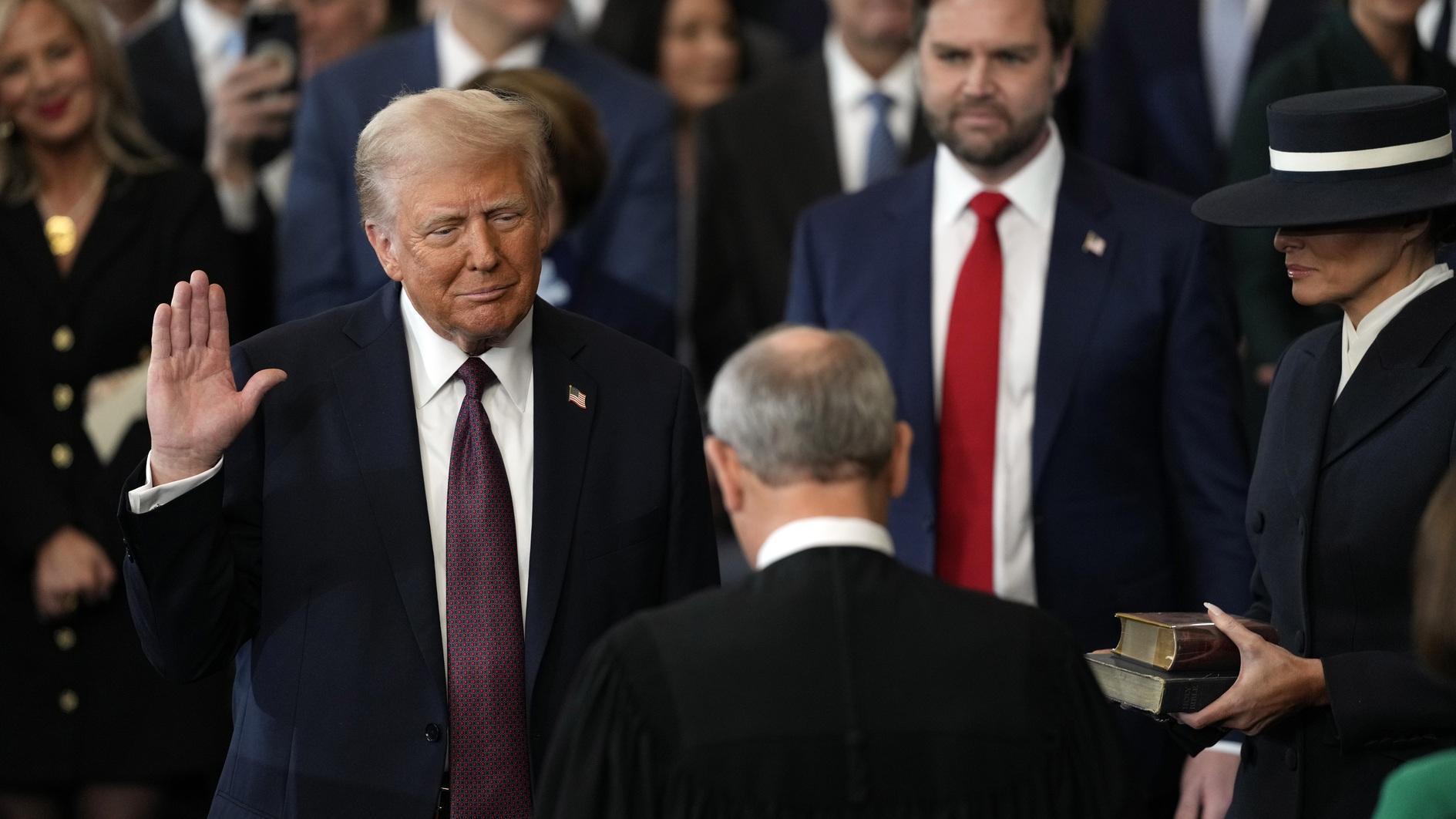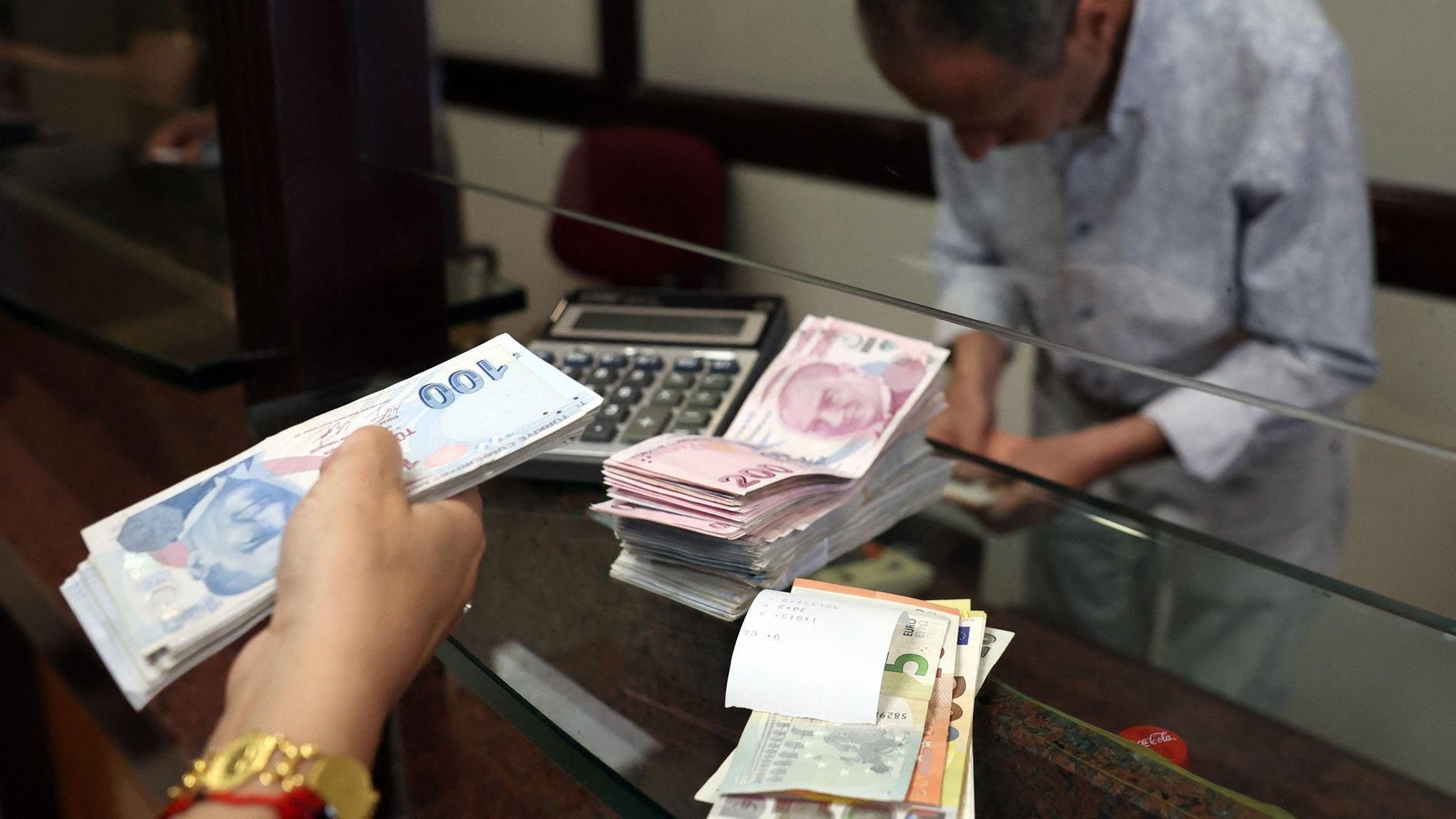Logistical depth
“Strategy is for amateurs, logistics are for professionals.” When Joe McCannon, of the Institute for Health Improvement, invented the dictum, he probably could not imagine that his words would one day echo through the halls of the presidential palace in Ankara. Mr. McCannon, after all, was campaign manager for a non-profit organization that was working to reduce the number of preventable deaths in U.S. hospitals.
“Strategy is for amateurs, logistics are for professionals,” President Abdullah Gül said in his address to Turkish ambassadors convened in Ankara for an annual conference. Foreign Minister Ahmet Davutoğlu, author of the famous book “Strategic Depth,” was present at the gathering, probably regretting that he didn’t name his book “Logistical Depth.” Or feeling offended by the president, or sensing a conspiracy against him by the president’s speech writers.
Around the same time, Prime Minister Recep Tayyip Erdoğan was addressing his lawmakers and accusing “certain forces” for everything he has disliked in the last year or so, carefully abstaining from naming those dark, evil powers conspiring against the “rise and rise of the Turkish empire,” except at one point when the prime minister vaguely portrayed the evil men: those who want revenge for the Mavi Marmara (incident).
There is a simple problem here, at the level of elementary logic. In the Mavi Marmara incident, nine Turkish citizens lost their lives; the “rising and rising Turkey” did not win anything, including the ill-fated vessel’s declared and officially sponsored mission to end the naval blockade (if there is any) of the Gaza Strip. Why should the dark forces take revenge for an incident that killed nine Turks? Are the dark forces ultranationalistic Turks? And why should the dark forces take revenge for the deaths of nine Turks in order to prevent the “rise and rise of the Turkish empire?” Naturally, we don’t expect Mr. Erdoğan to explain how those dark forces plotting to take revenge for the Mavi Marmara may have put stacks of dollars – in their millions in shoeboxes and vaults – and hid them in very important people’s homes.
But it is good news that Turkey, as commended by President Gül, may be recalibrating its foreign policy from a strategic bias toward a logistical one. Logistics are important. For instance, governments should not get caught red-handed while smuggling arms to jihadists in Syria, or elsewhere. That’s precisely what logistics are about. Or a bank manager should avoid keeping $4.5 million in his home, or a minister’s son, 1.2 million liras. That, too, is about logistics. As prominent Turkey specialist Robert Ellis reminded in a recent article, there is a Nigerian proverb: You should never take so much that the owner notices. Logistics are important.
Logistics in foreign policy, these days, is also about warning the corporate world against shadow threats. As this newspaper reported a couple of days ago, the Economy Ministry has warned Turkish businessmen over commercial contacts with “politically sensitive countries,” sending out a letter urging them to inform the ministry about their visits to those nations, but without naming which these nations are or might be.
In a circular sent through industrial and commercial chambers, the ministry asked companies to inform the government about any contacts apropos to the forming of trade alliances in “such countries,” again, not describing how a country would qualify as “such,” since the note does not specify which circumstances could put a country into the “politically sensitive” category.
In its fight against the conspiracies of “certain powers,” Turkey is warning its companies to inform the government of corporate ties with “politically sensitive countries” at a time of a likely transformation from “strategic depth” into “logistical depth.” Impressive.
-Hello, I am a businessman and would like to know if the Dutch Guinea is a politically sensitive country.
-Probably.
-Turkey?
-?
It could have been wiser for the Economy Ministry to issue a corporate advisory in which it names the countries that are “not” politically sensitive. That would be truly logistical rather than strategic. For professionals…










